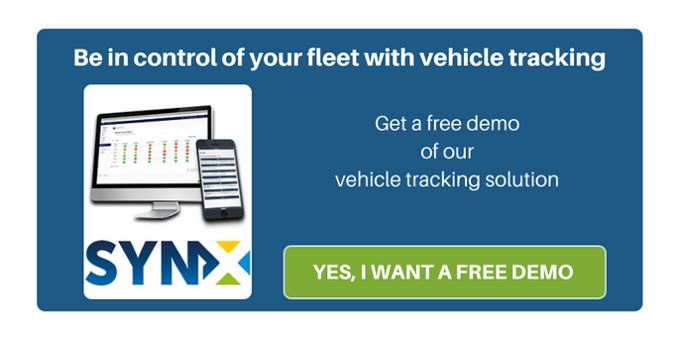
If you’ve kept up with the news in the last year, you are probably aware of the latest developments in autonomous (i.e. self-driving) vehicles. Vehicle makers and tech companies alike are currently testing, refining, and planning for the release of their driverless cars. In fact, some experts project that self-driving vehicles will be on the road by 2021. What once seemed like a futuristic dream is now just several years away from being a reality.
As industries across the globe start to consider the potential impacts of driverless cars, it is obvious that in many ways, managing fleets will change. Explore three potential ways your fleet management experience will change upon the release of self-driving vehicles - do you share any of these?
Fleet management will become even more technologically advanced
So far, autonomous vehicles can drive through heavy rain, pull over when driving conditions become unsafe, and have eliminated the element of human error. The self-driving vehicles that are released to the public will have advanced technology that will forever change how you run your fleet. Many of the metrics that you currently review will be replaced by new, more relevant stats. For example, if the day comes when the vehicle is in 100% control, will safe driving data still need to be monitored? Perhaps it will take a different form, for example in how effectively drivers oversee the performance and effectiveness of the autonomous vehicle. Although the full scope won’t be known until autonomous vehicles have become ubiquitous, it is certain that big changes are ahead.
Changes in driver engagement
The experience of driving to and from destinations will be completely different for your employees. Right now, it is essential that drivers avoid distraction and focus on the road. Will the age of autonomous vehicles lead to a change of attitude here, and make it possible for drivers to complete other tasks during their journey? Although this may take the thrill of the drive out of the workday for some, others will appreciate the added time to work on their duties. Of course, it will all depend on how legislation might change in future years, but there is no doubt that driverless vehicles will change the workday of your employees.
Fewer challenges related to driver error
One of the most appealing features of self-driving vehicles is the elimination of human error. This means far fewer accidents and predictable traffic patterns. Because driver error will no longer be a factor in driving, your employees will be able to enjoy stress-free travel, make it to appointments on time, and experience few (if any) traffic accidents. As a result, you can look forward to saving time and money on your fleet, and focus on taking your business to the next level of productivity and innovation.
The future of your fleet
After considering some of the most basic changes that self-driving vehicles will bring to your fleet, it is clear to see that good things are on the way. From having the most advanced fleet management system ever before, to improving driver productivity and overall driving experience, autonomous vehicles are set to change many industries over the next decade. Start brainstorming and working with your team now to anticipate the exciting changes that will occur with the release of self-driving vehicles.



